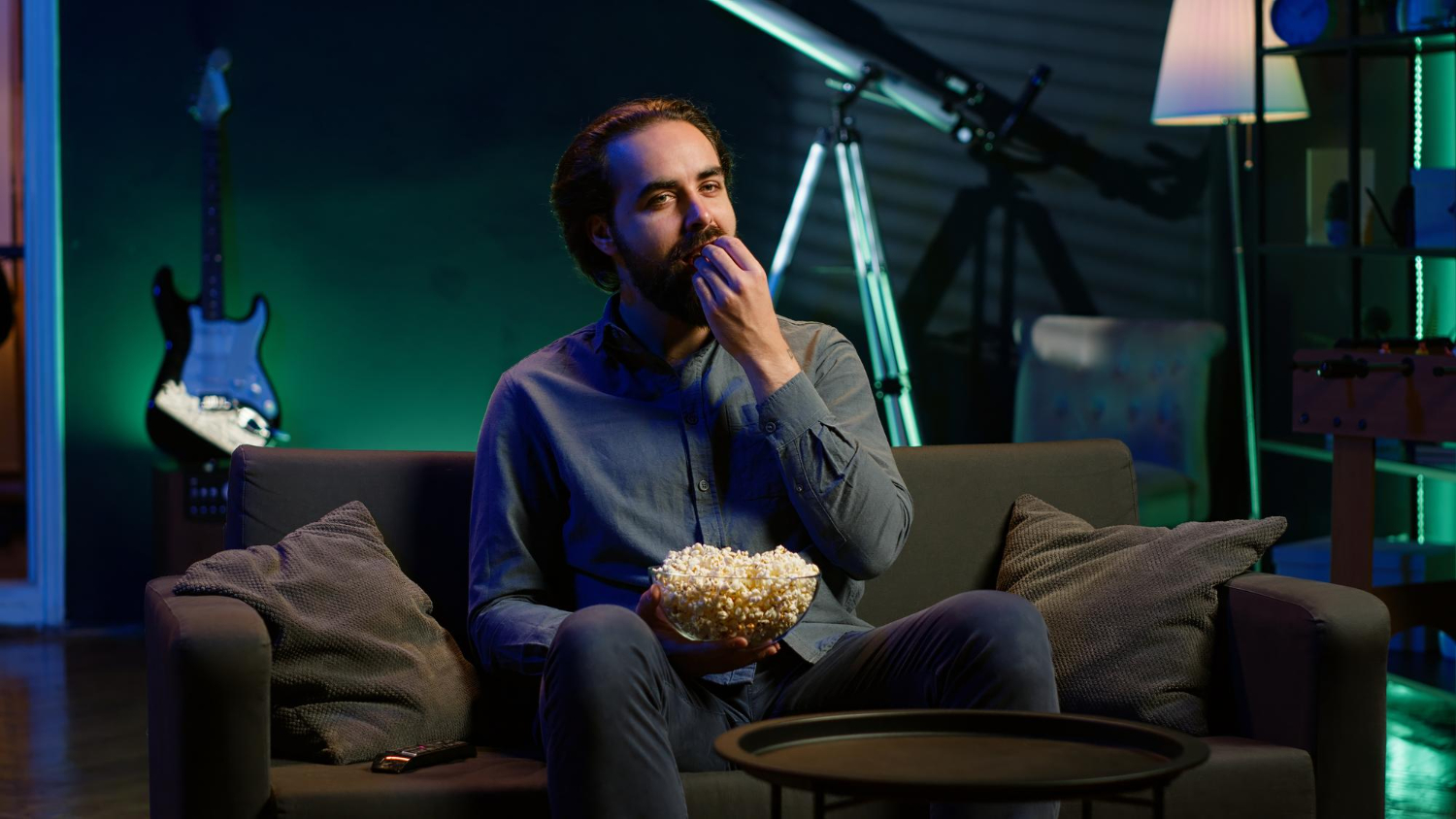Getting your songs on TV and film is one of the most exciting ways to reach new audiences and earn significant income. Over the years, I’ve explored many routes to place my music in visual media, and I want to share practical strategies that work. These are tried and tested ways to get your songs on TV and film, helping you navigate this competitive space with confidence.
In this article, I’ll walk you through ten effective approaches that independent songwriters and musicians can take to see their work featured on screen. Whether you’re just starting or looking to expand your sync opportunities, these insights will help.
Build Relationships With Music Supervisors
Music supervisors are the gatekeepers when it comes to selecting songs for TV shows and films. They are responsible for finding the perfect tracks that match scenes or moods. Getting on their radar is crucial.
I make it a point to research supervisors working on shows or films that fit my style. Sending them personalized emails or physical mailers with a professional pitch and relevant tracks has helped me get noticed.
Networking at music conferences and industry events is another great way to meet supervisors face to face. Building genuine relationships rather than just pitching your music pays off over time.
Register Your Songs Properly
Before pitching your songs, make sure they are registered with performing rights organizations like ASCAP, BMI, or PRS. This registration ensures you get paid when your music is broadcast.
I always double-check that my metadata is accurate and consistent. If your songs aren’t properly registered, you risk missing out on royalties even if they get placed.
Registering your songs with a PRO is one of the foundational ways to get your songs on TV and film, because industry professionals expect to work with registered material.
Use Sync Licensing Platforms
Sync licensing platforms have become an accessible way for independent songwriters to submit their music directly to music supervisors, ad agencies, and filmmakers.
I upload my tracks to several reputable platforms that cater to TV and film opportunities. These sites allow supervisors to search by mood, genre, or theme, making it easier for your song to be found.
While competition is high, using multiple platforms increases your chances and can lead to placements you wouldn’t get otherwise.
Collaborate With Independent Filmmakers
Indie filmmakers often look for affordable music to use in their projects. Working with them can be a stepping stone to bigger TV or film placements.
I’ve reached out to local filmmakers and offered to provide songs or even compose custom tracks for their movies or documentaries. These collaborations sometimes lead to credits on film festivals or streaming platforms.
This approach also helps build your sync portfolio and establishes your reputation within visual media circles.
Pitch Songs That Tell Stories or Evoke Strong Emotions
Music supervisors look for songs that enhance storytelling. Writing and pitching songs with clear emotional or narrative content increases your chances of placement.
When I write songs, I try to capture moods or situations that could fit TV scenes, whether it’s heartbreak, triumph, tension, or celebration.
Tailoring your pitches to explain how a song could work in a scene makes supervisors more likely to listen closely.
Network With Music Libraries and Publishers
Music libraries and publishers specialize in licensing songs for TV, film, and commercials. Partnering with them can open doors to bigger projects.
I’ve signed non-exclusive deals with several music libraries that pitch my songs to their industry contacts. While this means sharing royalties, the exposure is often worth it.
Publishers, on the other hand, handle pitching and contract negotiations on your behalf, freeing you up to focus on writing.
Optimize Your Online Presence for Discoverability
Many music supervisors find songs through online searches, playlists, or social media. Having a professional and searchable online presence is vital.
I maintain a website with clear information about my songs, credits, and contact details. I also use platforms like YouTube and Spotify to showcase my music with accurate tags and descriptions.
Regularly updating your online profiles and using keywords related to sync opportunities helps you appear in relevant searches.
Attend Sync Licensing Workshops and Conferences
Events focused on sync licensing provide education and networking opportunities. They help you understand how placements work and connect with industry players.
I attend workshops that explain pitching best practices and legal considerations. The insights gained have helped me refine my approach and avoid common pitfalls.
These events also provide direct access to music supervisors, publishers, and agents who are actively looking for new songs.
Create Instrumental Versions and Demos
TV and film productions often prefer instrumental versions of songs for background music. Having high-quality instrumental tracks ready can increase your chances.
I make it a habit to produce clean, professional instrumentals and demos alongside my full songs. Providing these to supervisors or libraries shows you’re prepared and professional.
Instrumentals allow scenes to breathe without vocal distraction and broaden the usability of your music.
Follow Up Professionally and Be Patient
Persistence is key. I’ve learned that following up politely with music supervisors or contacts after an initial pitch can keep you top of mind.
However, it’s important to balance persistence with patience. Many supervisors juggle hundreds of submissions, so don’t expect instant responses.
A thoughtful follow-up email a few weeks after your pitch, reiterating your interest and offering new material, can reignite conversations.
How These Ways to Get Your Songs on TV and Film Have Worked for Me
By applying these strategies, I’ve placed songs on various projects, from indie films to national TV shows. Building relationships with supervisors and using sync licensing platforms opened initial doors.
Collaborations with independent filmmakers gave me experience and credits. Writing songs with strong narratives made pitches more compelling.
Registering my songs properly and having instrumental versions prepared ensured I was ready when opportunities arose.
Final Thoughts
Exploring ways to get your songs on TV and film is a journey that requires creativity, professionalism, and persistence. Each step you take builds your network and increases your visibility in the sync world.
Remember to nurture relationships, protect your rights, and keep your music fresh and relevant. With dedication, these ten strategies can turn your songs into unforgettable moments on screen, opening new horizons for your music career.

